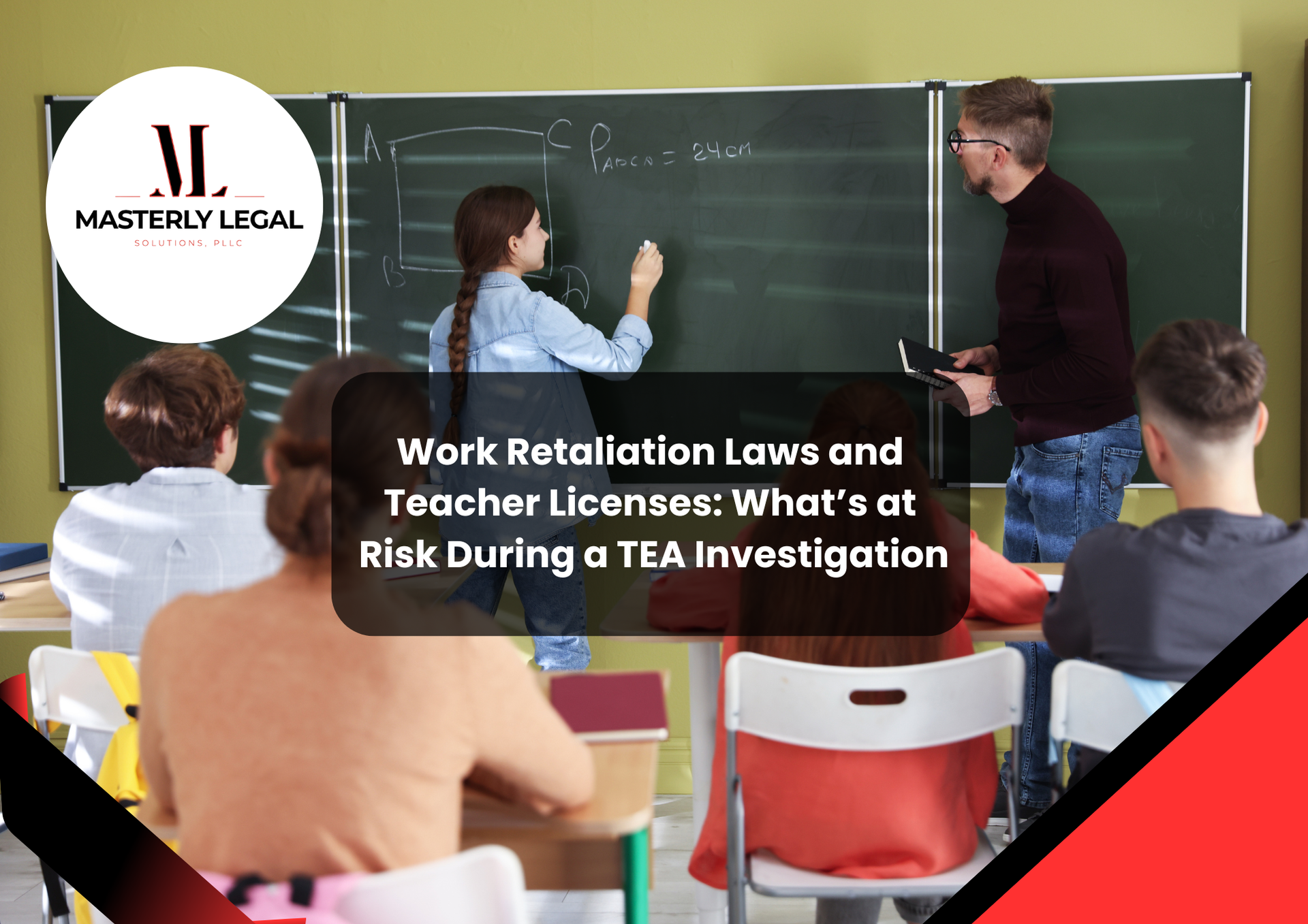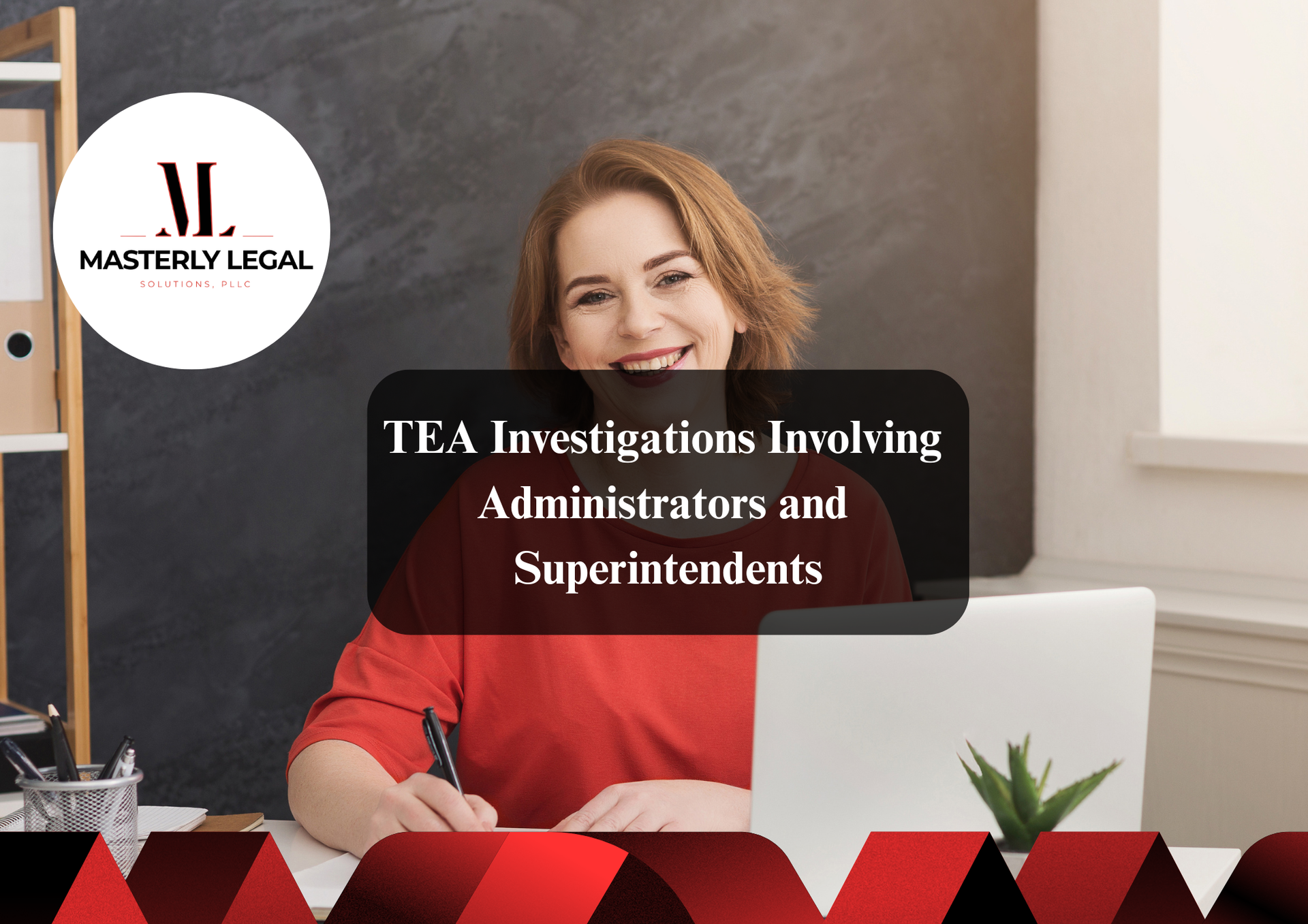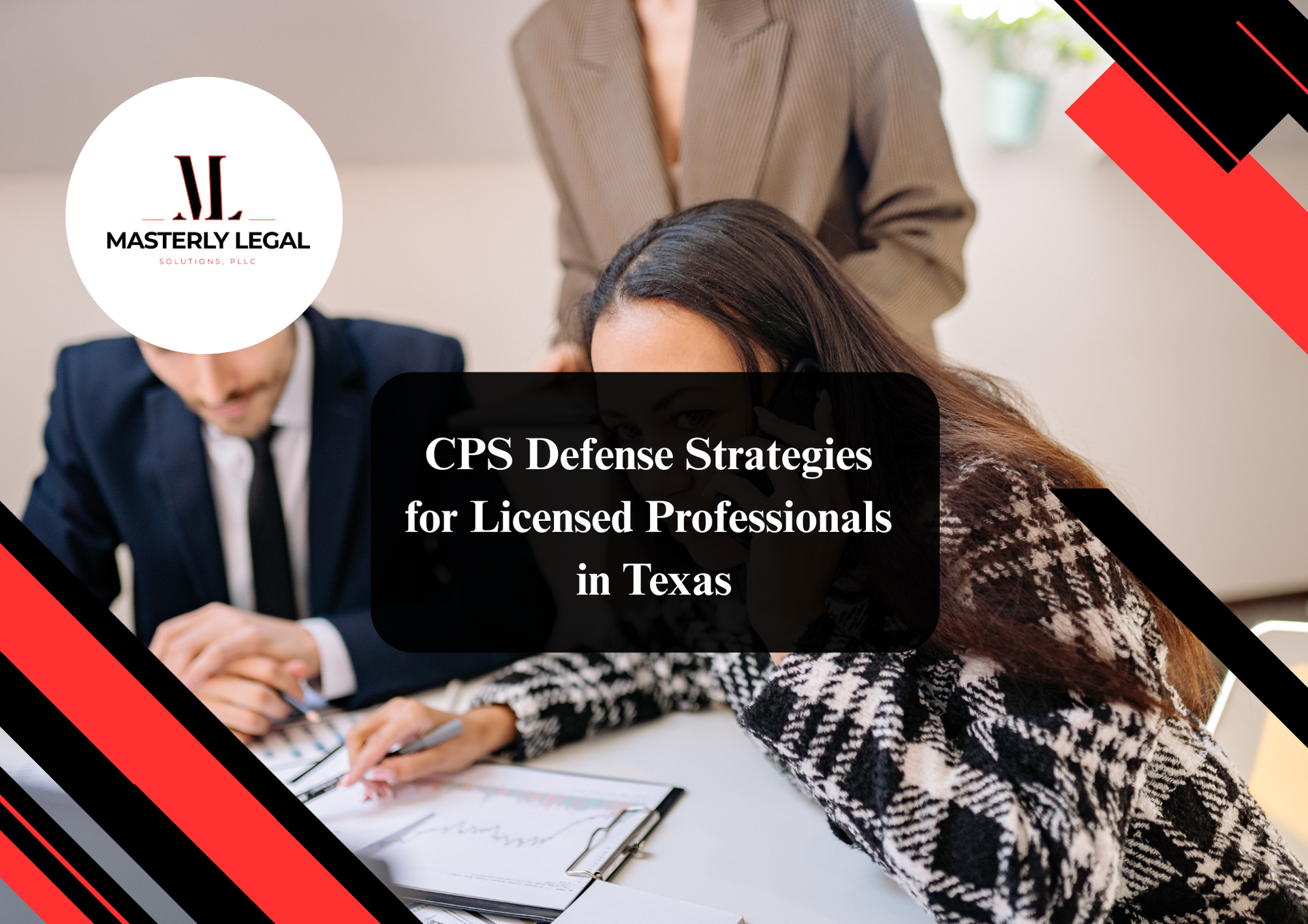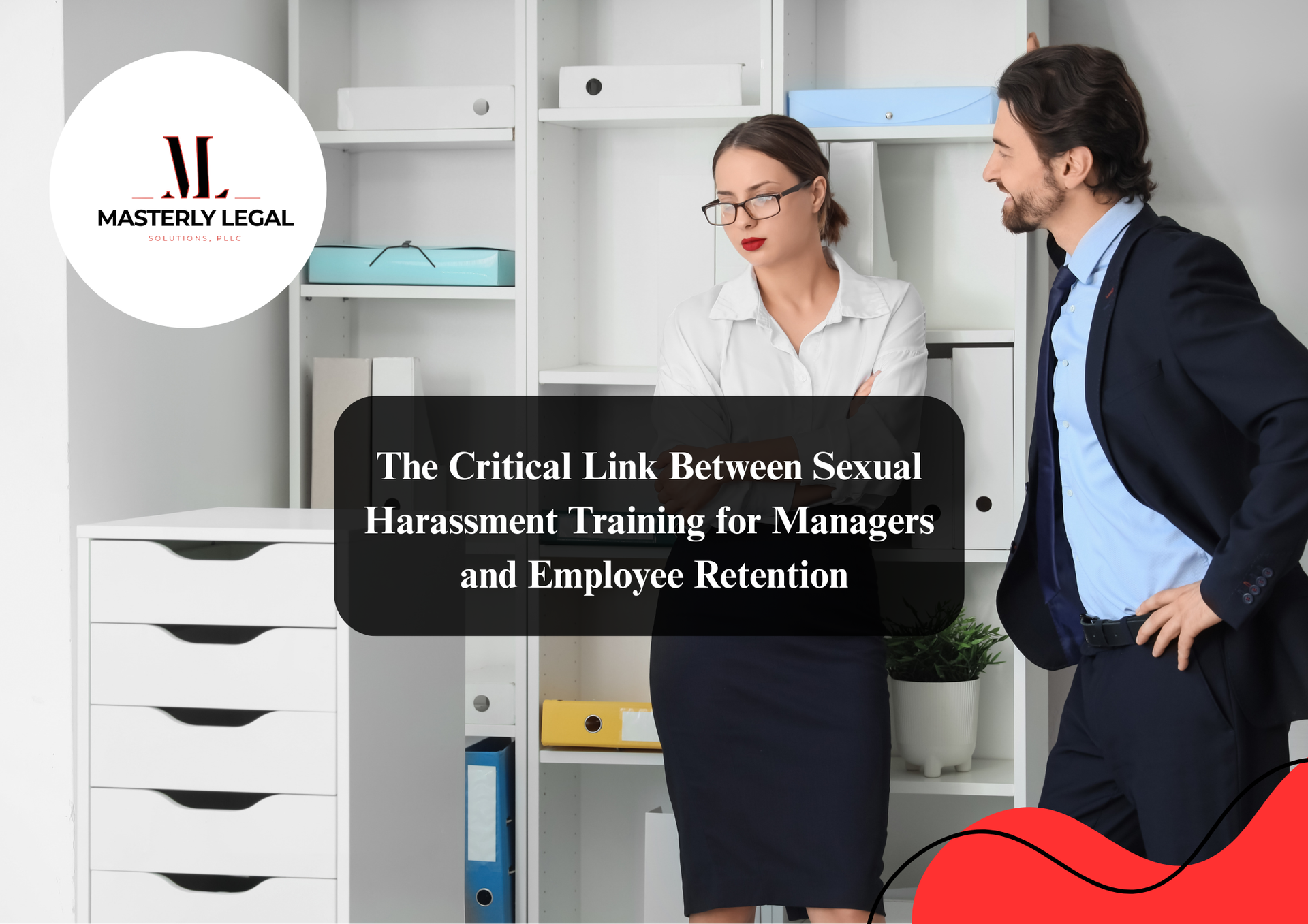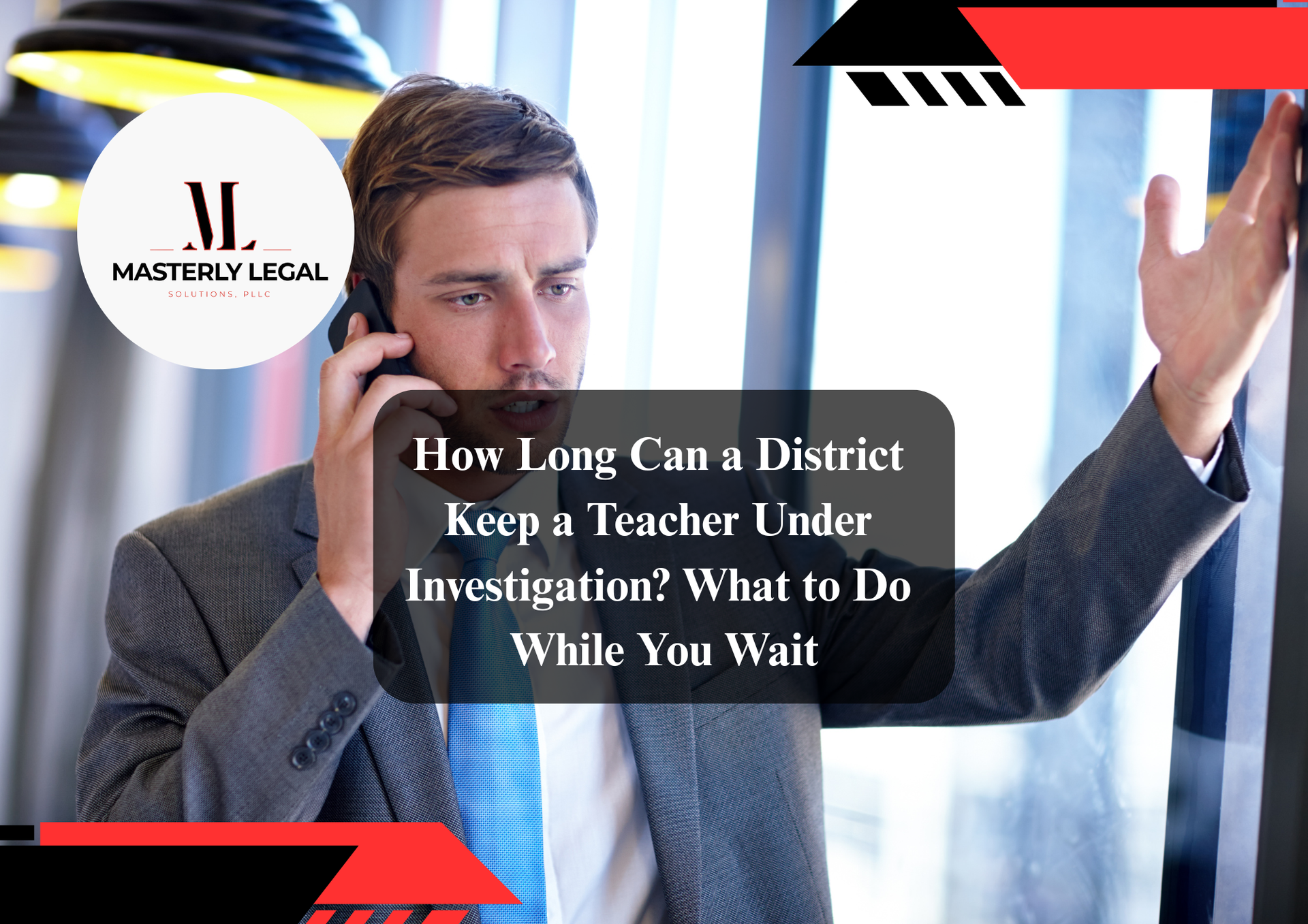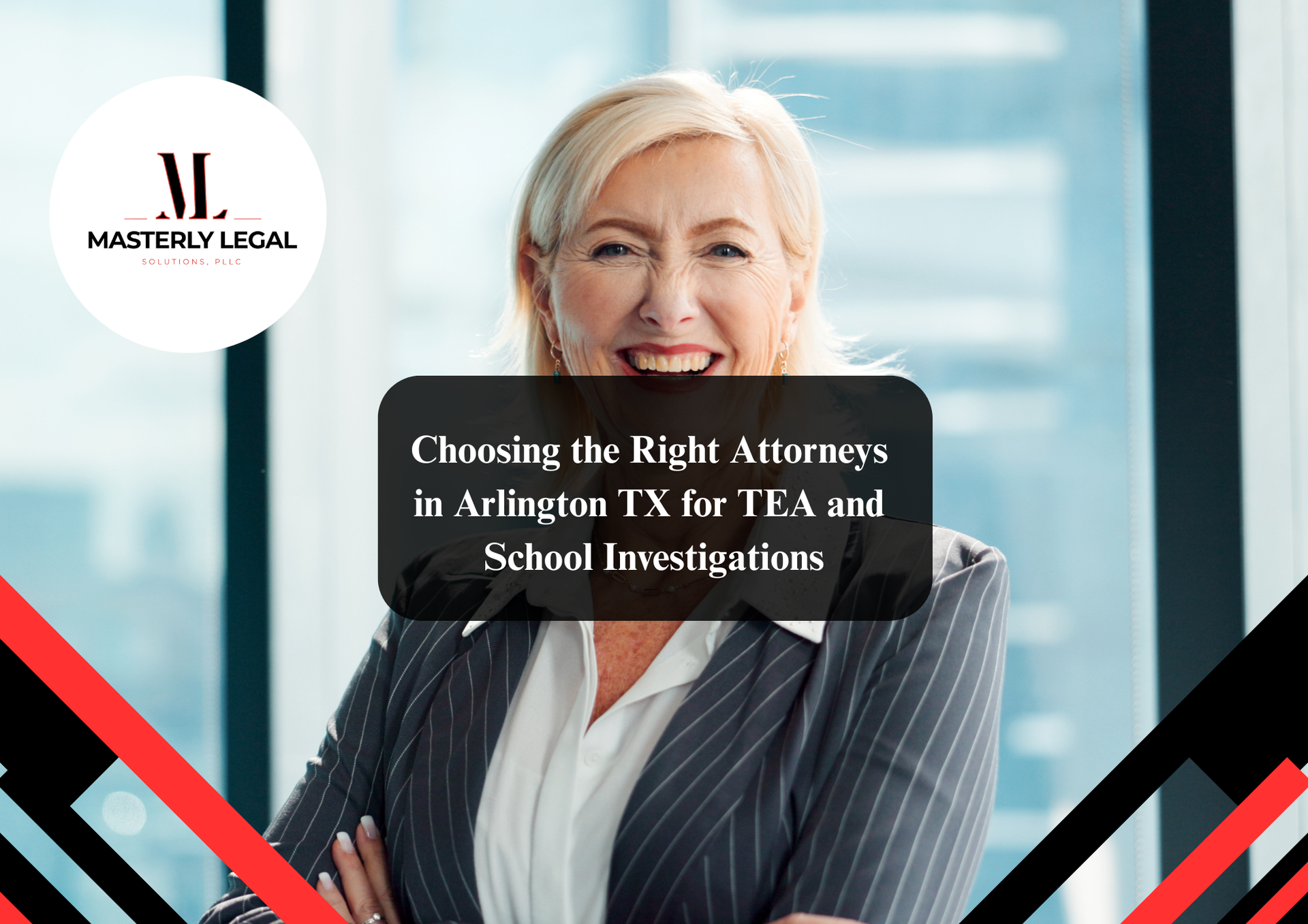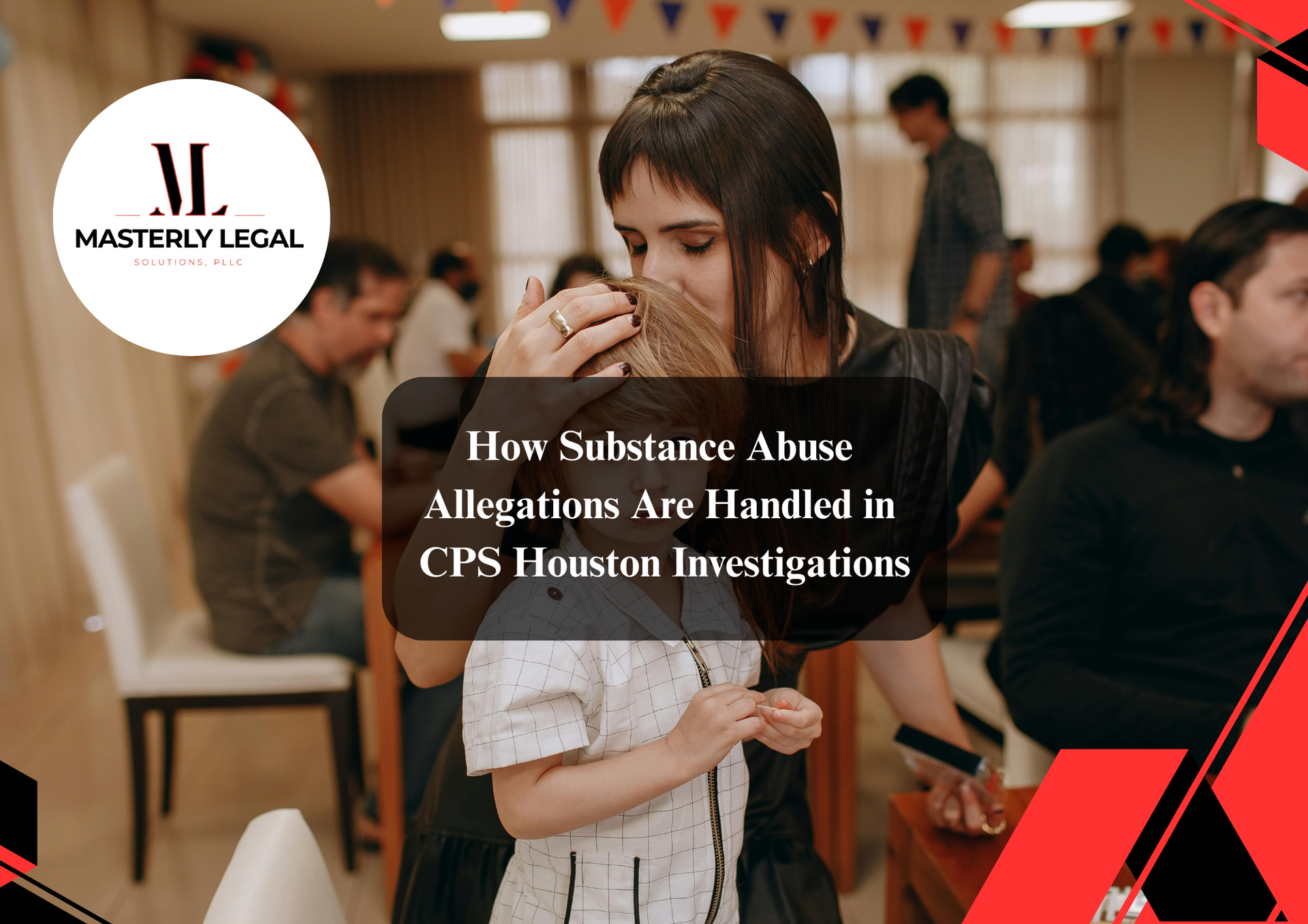How Education Law Attorneys Build a Strong Defense Against TEA Certificate Suspension
Educators across school districts face growing scrutiny as the TEA intensifies investigations tied to misconduct, certification, and compliance issues. This guide helps teachers, administrator professionals, and school staff understand how education law shapes these investigations—and why working with an education law attorney can be the difference between protecting your career and facing life-altering consequences. If you’ve ever wondered how these cases unfold, what your rights are, and whether an attorney can help safeguard your license, this article will walk you through every essential detail.
1. What Triggers a TEA Investigation in Education Settings?
A TEA investigation usually begins when a school district reports allegations involving misconduct, policy violations, or breaches of education standards. Educators in public and private schools may face scrutiny regardless of tenure or years of service. Because of strict state and federal requirements, administrators are required to report suspected misconduct promptly. These rules exist to maintain trust within educational institutions and ensure student safety.
Certain behaviors automatically trigger mandatory reporting. These include inappropriate communication, testing irregularities, or criminal arrest. Even minor accusations may escalate quickly because attorneys understand the unique legal landscape of education law, where simple mistakes can lead to disproportionate consequences.
2. How Does Education Law Impact Educator Misconduct Cases?
Education law shapes every stage of a TEA investigation, from the initial report to potential litigation in a federal court. The laws governing postsecondary, K-12, and community college institutions rely heavily on consistent compliance with state and federal laws. This means educators must follow rules tied to ethics, safety, discrimination, student discipline, and special programs such as IEP and FAPE services.
Because education involves minors, special protections apply, including civil rights statutes, Title IX, and federal laws relating to disability and discrimination. When allegations arise, the TEA relies on these rules to determine whether an educator violated policy deliberately or unintentionally.
3. What Rights Do Teachers and School Employees Have During TEA Investigations?
Many educators feel overwhelmed because they do not understand their right to due process. During a TEA investigation, you may present evidence, respond to allegations, and obtain representation from an attorney or lawyer. These protections apply to teacher and administrator roles across public and private schools.
Educators have the right to avoid self-incrimination and the right to fair legal representation. You also have a right to a hearing if your professional license is at risk. Understanding these safeguards can make the difference between a manageable process and long-term career damage.
4. What Are the Most Common Misconduct Allegations in Texas Schools?
Common TEA allegations include testing violations, inappropriate communication, boundary concerns, misuse of funds, or violations involving special education services. Because Texas emphasizes strict accountability, even allegations near a school campus or charter school environment may trigger formal investigations.
Educators should remember that allegations do not equal guilt. The TEA must investigate thoroughly before determining whether misconduct occurred. This is why early involvement of an attorney is essential.
5. How Does the TEA Investigation Process Actually Work?
The TEA investigation process includes intake, evidence gathering, interviews, and final determination. Investigators may interview school administrators, students, parents, and staff members from different school district departments. This is a structured system designed to maintain transparency across public education institutions.
The TEA may also request documents, emails, performance reviews, or security footage. While educators must cooperate, they should never respond to allegations without legal guidance. The outcome of this stage heavily influences whether your case continues toward court, appeal, or dismissal.
6. Why Is Legal Representation Critical in Misconduct Cases?
No educator should face a TEA investigation without experienced education lawyers. Misconduct cases often involve complex legal matters tied to safety, ethics, and compliance laws. A single misstatement can impact how investigators interpret your actions. Working with an education law attorney ensures your rights remain protected.
Legal counsel can help explain evidence, draft responses, and speak directly with investigators. Having a lawyer also shows you take the process seriously, which can influence how your case is evaluated.
7. What Risks Can Educators Face Without Proper Defense?
Educators risk losing their professional license, employment contracts, or eligibility for future positions throughout colleges and universities. Some may face litigation in state and federal courts, depending on the severity of allegations. Others risk negative records placed in state databases, which can impact hiring decisions across the country—even outside higher education environments.
Personal consequences include stress, emotional hardship, and reputational harm within your school and community. Without proper defense, educators may also face long-term issues involving retaliation, governance, or negative assumptions that overshadow years of service.
8. How Can an Education Law Attorney Help Protect Your Career?
An education law attorney helps educate clients about their rights, gather evidence, and respond to allegations strategically. Because attorneys specialize in school law, they understand TEA procedures, disciplinary boards, and hearing officers. They also know what investigators look for during interviews.
Attorneys also anticipate possible outcomes and help create a long-term plan to protect your professional future. They can manage communications with the school board, district representatives, and agency officials, ensuring your words are not misinterpreted.
9. What Happens After the TEA Issues a Finding?
After completing their review, the TEA will issue a formal finding. Outcomes may include dismissal, reprimand, suspension, or permanent revocation of your license. The TEA will also notify your employer, and in some cases, national databases that track educator discipline.
A finding against you can affect your employability across community college districts, charter institutions, and public and private schools. This is why educators must remain proactive at every stage of the process.
10. How Do Appeals Work for TEA Educator Misconduct Cases?
If you disagree with the TEA’s findings, you may file an appeal through administrative channels or the court of appeals. In more complex cases, you may need to take action in a federal district venue. Because appeals require legal precision, educators should work with an experienced litigator or attorneys advise team familiar with the appellate process.
The appeals process helps ensure fairness and transparency so that educators do not face permanent consequences from misunderstandings or incomplete investigations.
11. What Should Teachers Know About Special Education and Misconduct Claims?
Educators working with special education populations must meet strict legal standards under FAPE, IEP, disability, and Title IX regulations. Misconduct allegations involving special programs may trigger enhanced scrutiny because the Department of Education prioritizes equal access for all students.
These rules exist to protect vulnerable student populations. If allegations involve a k-12 school setting, educators should consult with a specialist attorney experienced in TEA discipline involving special education services.
12. How School Boards and Administrators Influence TEA Outcomes
The school board and school administrators play a major role in how reports are handled and documented. Decisions made at the district level may influence whether a case escalates to the TEA or remains internal. Because school boards and administrators maintain policy oversight, they must follow consistent reporting procedures.
Educators should always keep copies of performance reviews, evaluations, and emails showing positive conduct. These can become valuable during TEA investigations.
13. TEA Investigations and Employment Contracts: What Educators Should Know
Misconduct findings may interfere with employment contracts, tenure, or collective bargaining provisions. Educators should understand that the TEA investigation process operates separately from district HR procedures. Even if your employer dismisses a complaint, the TEA may still pursue disciplinary action.
This distinction highlights why working with a legal team is essential. You must protect both your contract rights and your professional license.
14. Understanding State and Federal Laws Protecting Educators
Educators are protected under state and federal laws relating to discrimination, retaliation, and due process. These laws help ensure fairness when dealing with accusations, legal issues, or disciplinary action. Educators may also rely on Title IX, Clery Act, and federal laws governing safety and reporting obligations.
Understanding how these laws apply helps you avoid missteps and exercise your rights effectively.
15. How Educators Can Prepare for a TEA Interview
Interviews play a critical role in the TEA process. Educators should remain calm, respectful, and concise in their responses. Preparing with an education attorney can help you avoid over-explaining or unintentionally admitting fault.
Consider gathering relevant documents, emails, and written notes before the interview. Having a clear timeline helps establish context and credibility.
16. Real Outcomes: What Happens in Actual TEA Misconduct Cases?
Real TEA outcomes vary widely, from full dismissals to permanent revocations. Many cases result from misunderstandings or incomplete information rather than intentional misconduct. That’s why educators must understand how evidence is interpreted and how investigators weigh credibility.
Some educators rebuild their careers successfully by appealing decisions or clearing their names through detailed documentation. Others face tougher consequences but benefit from legal teams who negotiate reduced penalties.
17. The Hidden Impact of Misconduct Investigations on Your Future in Public Education
A TEA investigation may affect your reputation, mental health, and job prospects across higher education institutions, public and private schools, and nonprofit education programs. Even when allegations are false, educators may feel isolated or judged by peers.
Understanding the long-term consequences can help you prepare for transitional steps, including counseling, career planning, or administrative reassignment.
18. Charter School Employees: Are TEA Investigations Different?
Employees in charter or charter school environments face the same TEA rules as other educators. However, internal reporting processes may vary because charters operate under different governance structures. Some charters escalate cases faster due to organizational policies or limited administrative staffing.
For this reason, charter employees should proactively secure legal representation early.
19. What Should Administrators Do When Staff Are Under Investigation?
Administrators have legal responsibilities to document concerns, follow district policy, and notify appropriate agencies. Failing to report concerns may create liability for the school district or board. Administrators should also remain neutral and avoid appearing biased.
Supporting staff during investigations helps maintain morale and ensures procedural integrity.
20. How COVID-19 Changed TEA Investigations and Compliance
The rise of COVID-19 reshaped education policies surrounding digital communication, virtual instruction, and online boundaries. Many allegations now involve electronic communication errors, misunderstandings, or remote teaching issues.
Educators and administrators must remain aware of evolving expectations to avoid unintentional violations.
21. The Role of School Districts and College Institutions in Reporting Misconduct
Reporting structures vary across school district, community college, and college institutions. Each must follow specific compliance guidelines to ensure transparent reporting. Some reports are forwarded automatically to maintain statewide consistency.
Because reporting obligations are mandatory, educators must understand how district procedures affect their cases.
22. Final Takeaways for Educators Facing Misconduct Allegations
Educators facing TEA investigations have more control than they realize. Understanding procedures, preparing thoroughly, and securing appropriate legal representation can significantly influence the final outcome. The most successful cases involve educators who acted early, protected their rights, and worked closely with qualified education attorneys.
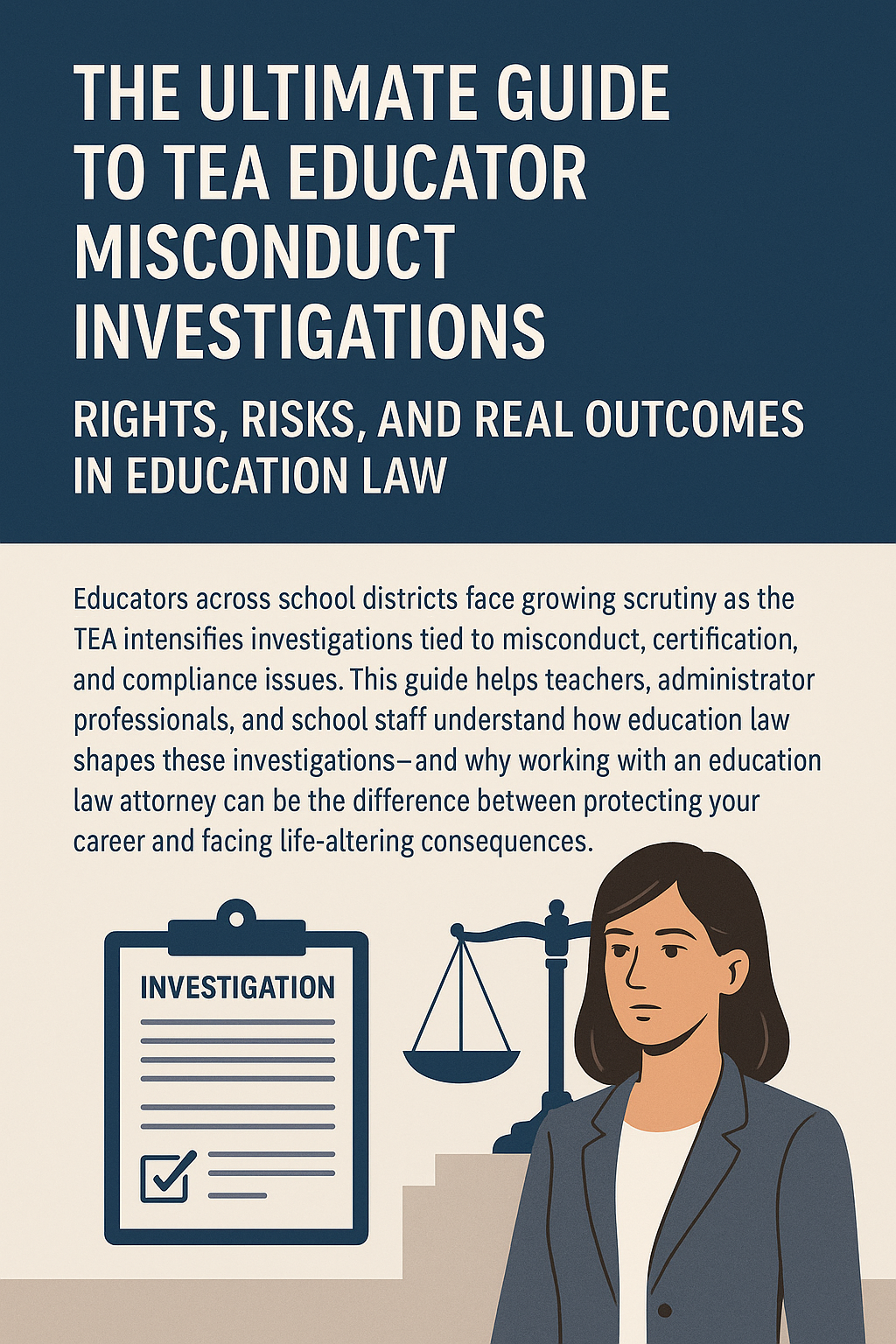
Summary of Key Points
- TEA investigations can drastically affect your employment and professional license.
- Educators have strong rights, including due process and legal representation.
- Misconduct cases often involve misunderstandings or procedural errors—not intentional wrongdoing.
- An experienced education law professional can protect your career at every stage.
- Charter, school, and college employees all face similar TEA obligations.
- Early legal involvement results in better outcomes and fewer long-term consequences.
Speak With Masterly Legal Solutions for Immediate Help
When your career, reputation, and future in education are on the line, you deserve an advocate who understands the stakes. At Masterly Legal Solutions, our team of skilled education law professionals provides strategic defense, detailed case preparation, and aggressive protection of your rights. We help teachers, administrators, and staff navigate the complexities of TEA investigations with clarity and confidence. If you're facing allegations—or simply have questions—reach out today. Contact us at (972) 236-5051 for a free consultation, and let us help protect your future in education.
This article is for educational purposes only and does not constitute legal advice.
Looking for Legal & Business Solutions? Contact Us Now
Fill in the form or call us to set up a meeting

